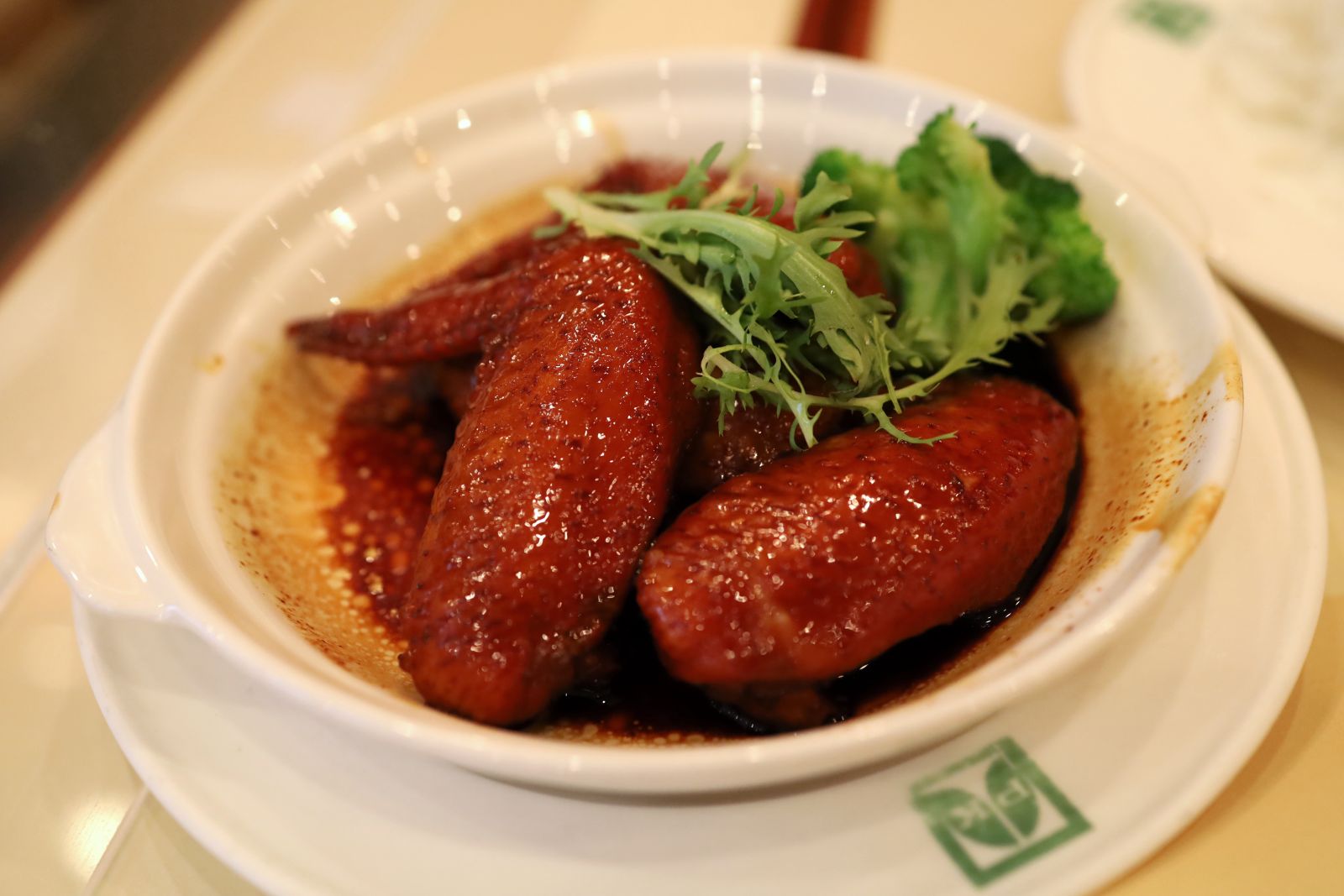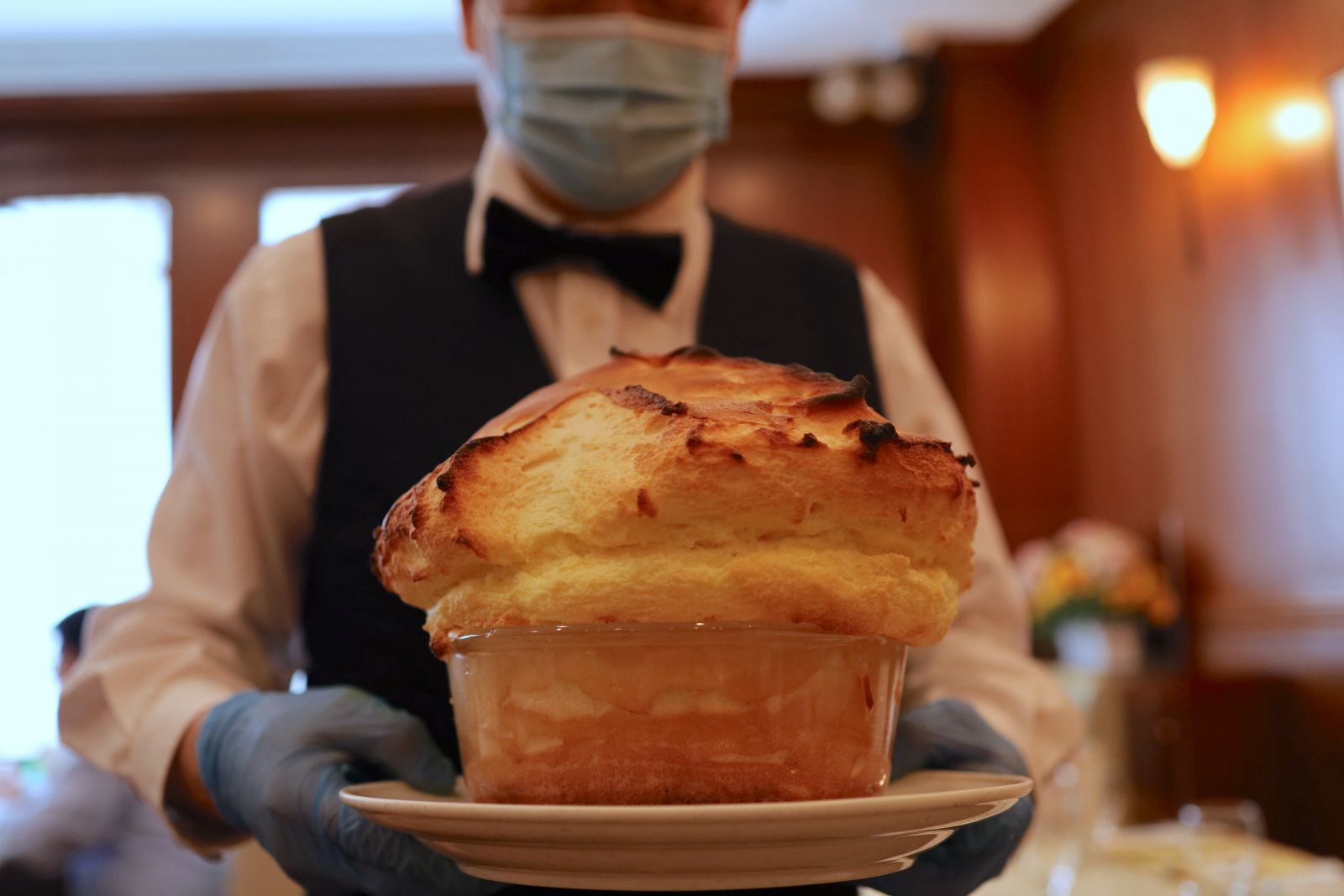In 1860, Tai Ping Koon Restaurant in Guangzhou became known as the first Western restaurant run by Chinese. Its founder, Xu Lao Gao (徐老高), blended Western cooking with local flavors, creating what's known as "Soy Sauce Western Cuisine." By the late 1930s, the restaurant had expanded to Hong Kong, continuing to thrive.
After the 1950s, traditional Western eateries in Hong Kong were mostly out of reach for the average local due to high costs. To cater to a wider audience, local restaurants started crafting Western-style dishes using Hong Kong's familiar ingredients, making them more affordable. This unique fusion, Hong Kong-style Western cuisine, simplified traditional methods, allowing for quicker service and resonating with Hong Kong's energetic pace of life. Tourists seeking a taste of this cultural blend will find it an essential and flavorful part of the Hong Kong experience.
The Appetizer
Unlike traditional Western starters of salads or wine-infused clams, the focus here is on heartwarming soups and breads, served with butter. Intriguing and uniquely Hong Kong, these soups are a must-try. Options like Borscht (red soup 紅湯), enriched with sizable mixed vegetable chunks and sometimes a spicy kick, or Cream Soup (white soup 白湯), with corn instead of mushroom, offer a local taste adventure. Alongside these are local Chinese favorites such as Papaya Chicken Feet Soup or Octopus Lotus Root Soup, adding an extra layer of authenticity.
.jpg)
Main Course - Meat over sizzling plate
The main course primarily features meat (such as steak 牛扒 or pork chop 豬扒) over sizzling plate or fish, seasoned with soy sauce, or with canned thick soup used as a Hong Kong-style white sauce in place of traditional white sauce. Some dishes allow customers to choose a sauce, usually offering a choice between onion sauce(洋蔥汁) or black pepper sauce(黑椒汁).
.jpg)
Some restaurants provide unique Hong Kong-style Western food items like Swiss chicken wings (瑞士雞翼) and roasted pigeon. The main course can be accompanied by rice, pasta, or potato dishes. Compared to baked potatoes or mashed potatoes, french fries are more commonly served.

Desserts and Drinks
Not every restaurant includes dessert in the set meal, but if dessert is provided, it usually consists of items like jelly or cupped ice cream. Beverages (commonly referred to as "meal tea") generally include coffee, milk tea, "Yuenyeung 鴛鴦" (a mixture of coffee and tea), lemon tea, or lemon water, etc. Additionally, many restaurants allow customers to pay extra for special drinks like Red Bean Ice(紅豆冰), Pineapple Ice(菠蘿冰), and Lemon Cola(檸樂).

A special mention is Soufflé (梳乎厘). This delectable dessert can only be found at Tai Ping Koon restaurant. Filled to maximum puffiness, it provides the sensation of dining on clouds. Given its generous portion, this soufflé can easily satisfy a group of six.

Visitors longing for an extraordinary dining experience must explore this unique fusion of tastes. It's more than a meal; it's a journey through Hong Kong's vibrant culinary landscape. Every bite tells a story of creativity, tradition, and innovation. Come and savor the flavor of Hong Kong's diverse culinary heritage. It's an adventure not to be missed!
